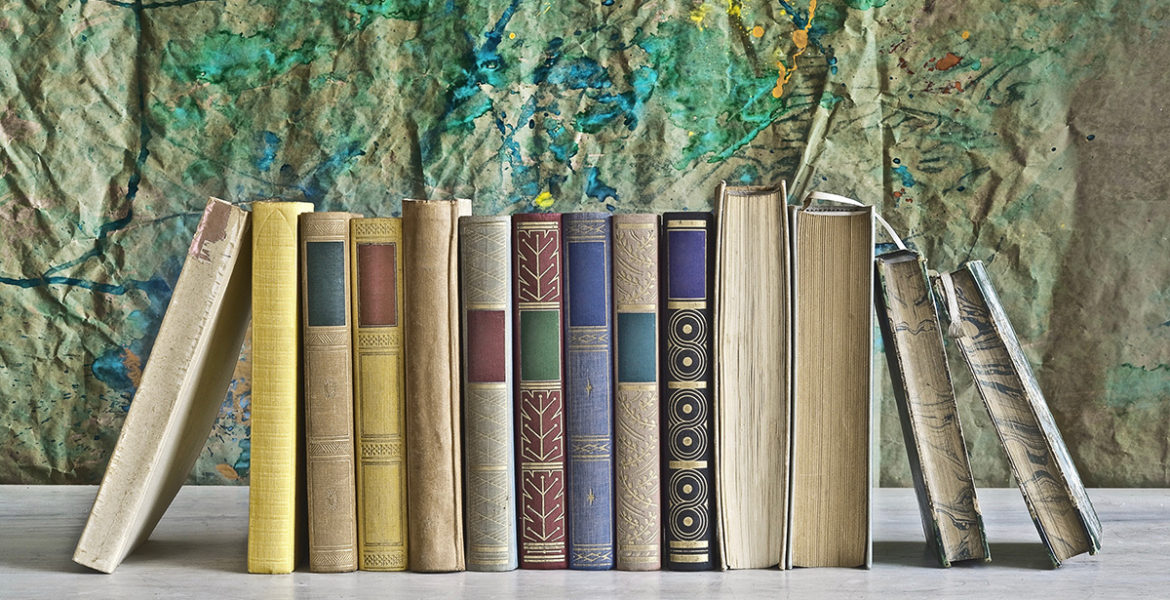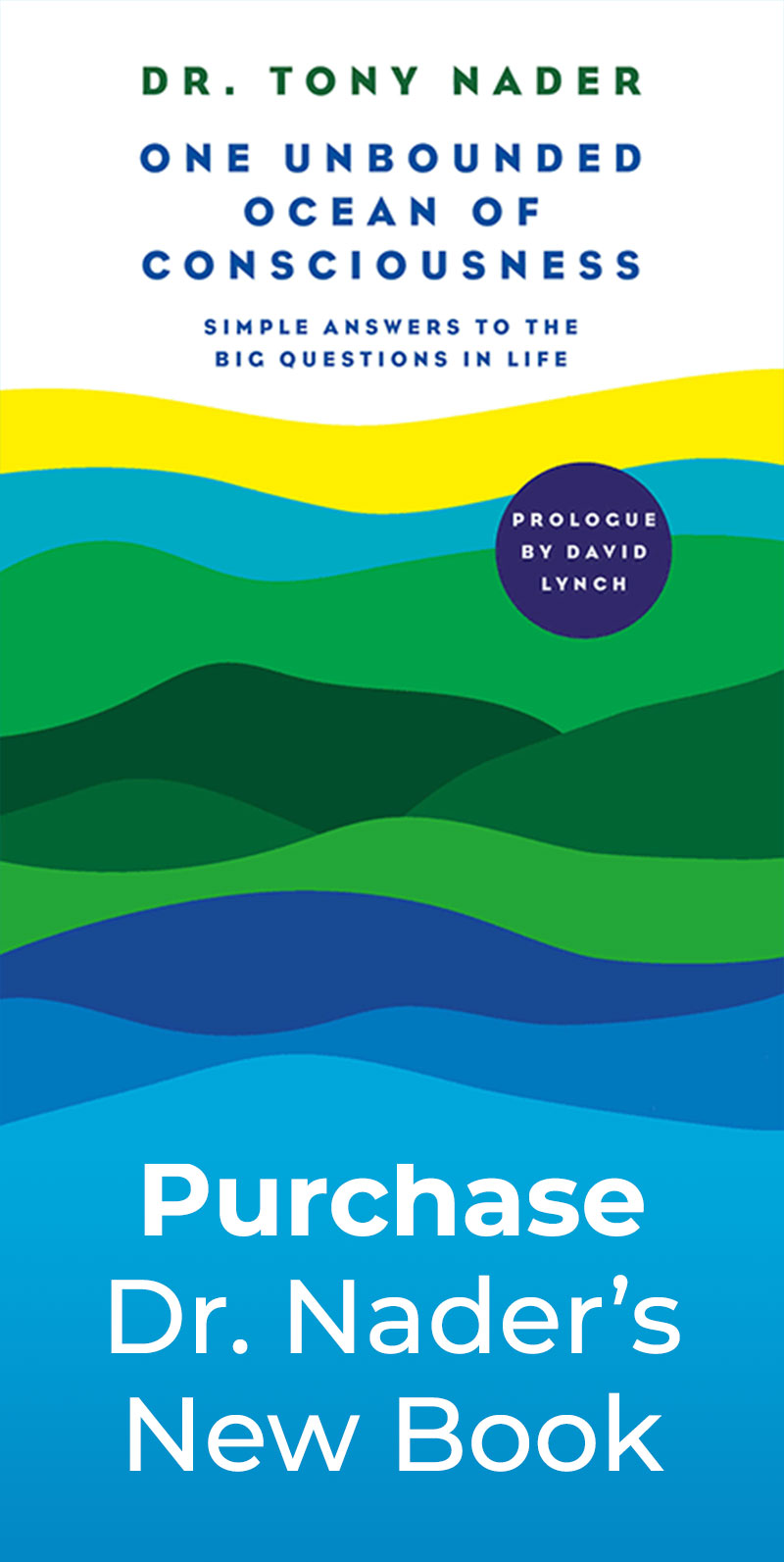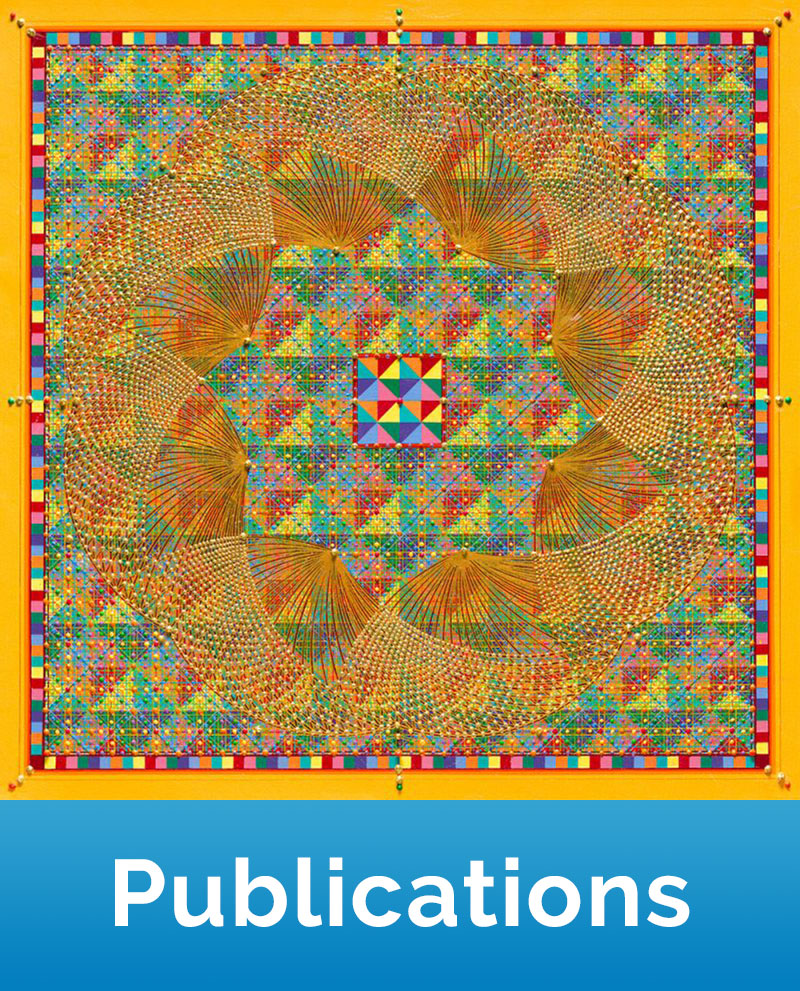Dr. Jacqueline Carr-Phillips introduces a holistic approach to literature and explains how reading helps to expand awareness. As a specialist in Russian literature in the light of total knowledge, Dr. Carr-Phillips relates the principles of Maharishi Vedic Science to the works of Dostoevsky and Tolstoy, demonstrating their value in refining the intellect and emotions, and inspiring the flow of bliss consciousness.
The study of Russian Literature is not limited as it has a universality that applies to all literatures, as each arises from the field of pure Creative Intelligence, pure consciousness, the inner Self of everyone. In other words, Russian Literature has a universal basis and expression from both the inner transcendental field of life and the more surface, active levels, without losing its essential Russian-ness.
The Flow of Consciousness
The Flow of Consciousness – a book containing a selection of Maharishi’s talks on Literature and Language, has been most inspirational for me, forming the basis of knowledge for an advanced course that I am developing on Russian Literature and Consciousness.
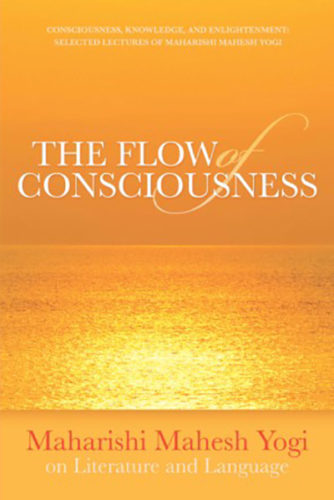
Maharishi Mahesh Yogi has gifted us with profound insights into the value of literature in human life. The following sentences were inspired by points brought out by Maharishi:
Literature is the science and art of narrative, reference and information, that allows the reader to experience an infinite range of ideas conveying story, emotion, feeling, atmosphere and the ultimate depth of life while dwelling on the surface at the same time.
This creativity of language and words has its source in the unmanifest field of life at the basis of everything. The reader’s awareness swings from concrete to abstract, from contraction to expansion, from gross to transcendent and back again – emerging, dissolving into silence to emerge again.
Maharishi emphasises that practice of Transcendental Meditation and its advanced programmes enhances the experience of reading literature as consciousness becomes more expanded, enabling a deeper and broader comprehension at all levels of the reading process.
Opposites and Contrasts – Dostoevsky’s ‘The Brothers Karamazov’
An aspect in literature that Maharishi highlights is contrast.
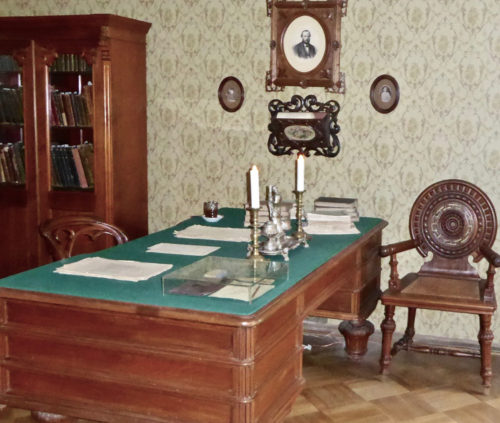
For example, Dostoevsky is a writer of extreme contrasts. He takes you to the depths of despair and sadness and then to the heights of sublime joy and happiness in close succession. The following words from Maharishi are pertinent to Dostoevsky’s writing:
“Often in a good literary piece there are great contrasts coming up at every moment … there is the transcendental value and simultaneously there are boundaries, presenting two contrasting values … in this the writer has conveyed the entire story of life to the reader and with this comes that fast pace of evolution.”
– Maharishi, The Flow of Consciousness, 2010, p.64-65
In Dostoevsky’s ‘The Brothers Karamazov’ each character represents a range of human consciousness. Starting with the three brothers, each one has distinctly contrasting qualities.
Ivan, the intellectual, with his acutely logical mind demanding a rational explanation for everything that happens in the universe. He cannot reconcile the idea of unjust suffering with the idea of a loving God.
Dmitri, passionate and intemperate, easily distracted by emotions and enthusiasms. A likeable rogue. Throughout the book he struggles to overcome his own flawed nature.
Alyosha, spiritual, gentle, loving, and wise. He possesses a simple faith in God that translates into a genuine and boundless love for mankind. Alyosha is the balancing point between his two brothers; they both look to him to calm and inspire them with his gentle reasoning. The plot is dramatic and intense but Alyosha is also a balancing point for the reader too, giving an opportunity to experience the flow of consciousness in this great novel, in its many aspects.
These characters, each with their own set of tendencies, interweave with the other characters to give a total picture based on extreme contrasts that constantly swing the reader from the deepest feeling level of awareness, to expansion and then to the gross and back again.
“Through the use of words, rhythm and meaning great contrasts are placed close together. The alternation of concrete and abstract values in literary expression culture and refine the reader’s intellect, emotions and whole personality. This experience, Maharishi says, can even help to develop higher states of consciousness.”
– Maharishi, Flow of Consciousness, 2010, p.10.
From Tragedy to Sublimity – Tolstoy’s War and Peace
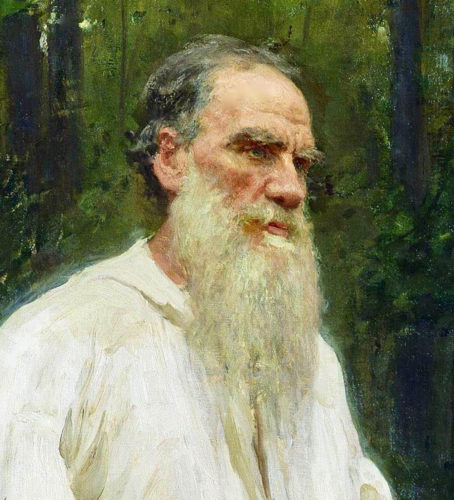
In Tolstoy’s War & Peace there are constant contrasts, starting with the title itself and a theme that continues throughout the book.
A major character in the story, Prince Andrei Bolkonsky, was seriously injured in battle. When he fell, still conscious, the battle receded into the background, he did not see anything:
…except the sky … the lofty sky … immeasurably lofty … How quiet, calm and solemn, not at all like when I was running … shouting and fighting … it’s quite different the way the clouds creep across this lofty infinite sky. How is it I haven’t seen this before? And how happy I am that I’ve finally come to know it … There is nothing, nothing except that. But there is not even that, there is nothing except silence, tranquility.
(Tolstoy/Folio 2007 p.326)
The contrast Prince Andrei experiences, and also the reader, after the horrors of battle, is a wonderful example of this swinging back and forth from tragedy to sublimity that Maharishi describes as being conducive to a fast pace of evolution.
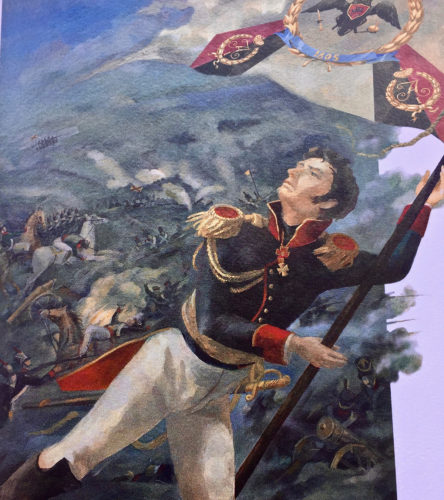
Later, when Prince Andrei is dying from his injuries, he is very much wanting to live, but he knows he is going to die. Again, the contrast between these conflicting experiences is remarkable and takes the reader into another realm of Prince Andrei’s experience. He is thinking about life and death and the closer to death he comes the further away from it are his thoughts and feelings. His mind floats in intense feelings of love, reminiscent of Maharishi’s book, ‘Love and God’.
“Love? What is love? …Love is life. Everything, everything I understand, I understand only because I love. Everything is, everything exists, only because I love. Everything is connected only by that. Love is God …”
– Tolstoy/Folio p.2007 p.1144
In The Flow of Consciousness Maharishi discusses how even a tragedy is a passage of evolution. If there is a peaceful ending, such as this example from ‘War and Peace’, the contrast, he says, is beautiful and exalting and is on the basis of transcending the violence of the situation.
Literature and Higher States of Consciousness
Contrasts are just one of many examples of the evolutionary value of literature that Maharishi highlights and how the reading of it can help to develop higher states of consciousness.
The reading of literature has an evolutionary effect … as it swings the reader’s awareness from abstract ideas and feelings to concrete images and back again … And the more these opposite values come together in an expression, the more literary it becomes, and the more cultural value there is in it …. This is the value of literature. … It is enlivening bliss consciousness.
– Maharishi, ‘The Flow of Consciousness,’ 2010, p.10
References:
Orme-Johnson, R.F./Anderson, eds. 2010, The Flow of Consciousness Maharishi Mahesh Yogi, On Literature and Language 1971 to 1976. Maharishi University of Management (MIU) Press.
Maharishi Mahesh Yogi, (1973) Love and God. MIU Press.
Dostoevsky, Fyodor (2003) The Brothers Karamazov. Penguin Classics.
Tolstoy, Leo (2007) War and Peace. The Folio Society London
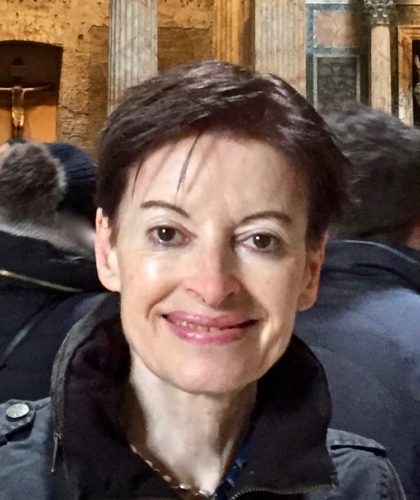
Dr. Jacqueline Carr-Phillips is a Researcher and Lecturer in Russian Literature in the Department of Literature, Athens Institute for Education and Research (ATINER). She is a member of the British Association of Slavonic & East European Studies (BASEES), Cambridge University Russian Society, and the Anglo-Russian Research Network (ARRN). She is the Academy of Arts for Enlightenment Advisor for Russian Literature. She trained as a teacher of Transcendental Meditation in 2008.

